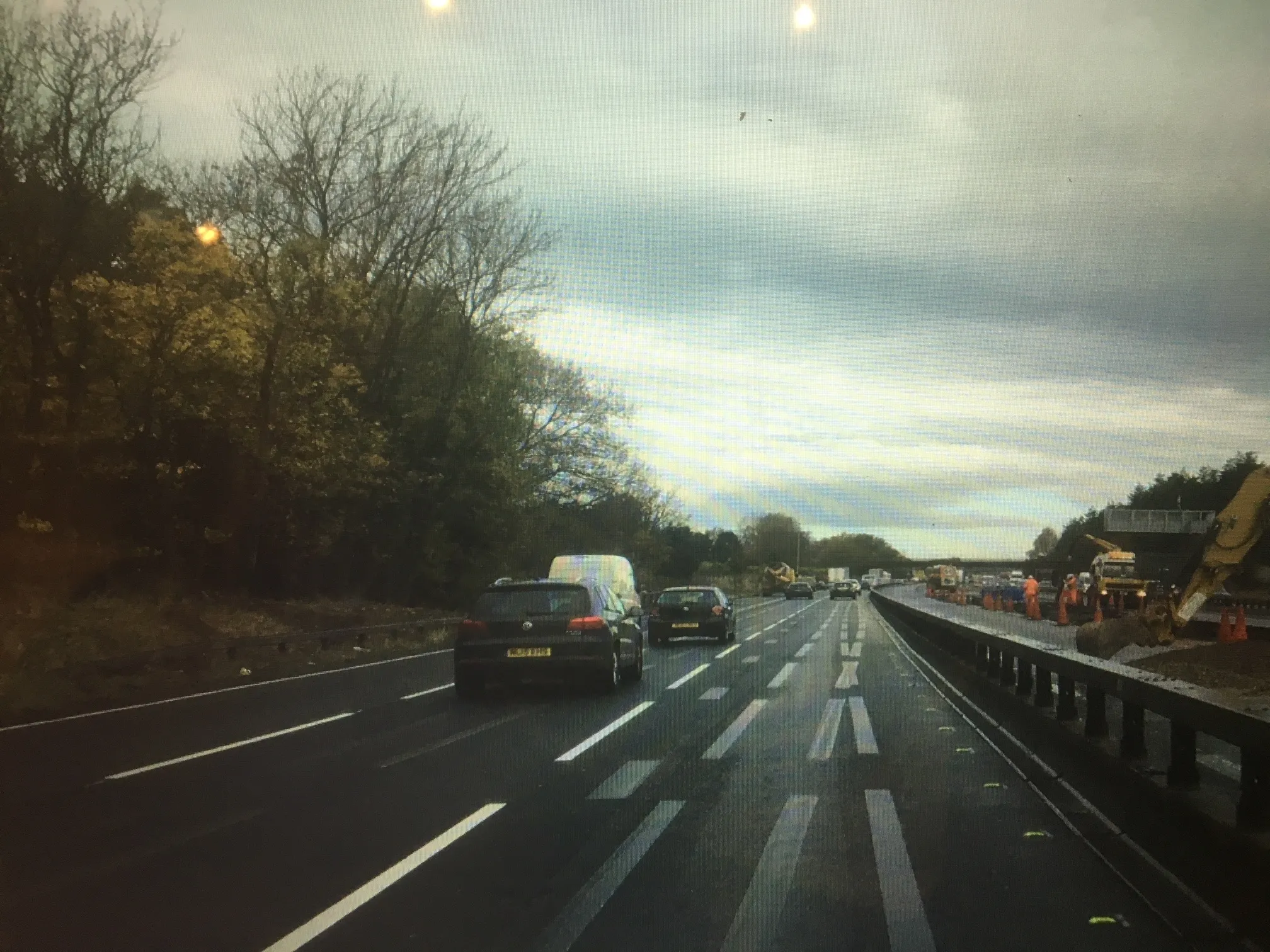German chemical manufacturer, Evonik, has developed an unusual way of combining child road safety education with road markings testing, using the children’s road safety circuit in the town of Ronneburg, near Evonik’s factory.
Searching for a test site, Michael Pieroth, an Evonik technical service manager with responsibility for Degaroute, a reaction resin for durable cold plastic road markings, noticed that the markings on the 40-year old safety circuit were barely visible.
After some discussion, it
June 1, 2016
Read time: 1 min
German chemical manufacturer, 4480 Evonik Industries, has developed an unusual way of combining child road safety education with road markings testing, using the children’s road safety circuit in the town of Ronneburg, near Evonik’s factory.
Searching for a test site, Michael Pieroth, an Evonik technical service manager with responsibility for Degaroute, a reaction resin for durable cold plastic road markings, noticed that the markings on the 40-year old safety circuit were barely visible.
After some discussion, it was quickly turned into a test site for the company’s road marking systems, combined with a road safety circuit where children could learn to ride bicycles in safety, while learning the rules of the road.
Searching for a test site, Michael Pieroth, an Evonik technical service manager with responsibility for Degaroute, a reaction resin for durable cold plastic road markings, noticed that the markings on the 40-year old safety circuit were barely visible.
After some discussion, it was quickly turned into a test site for the company’s road marking systems, combined with a road safety circuit where children could learn to ride bicycles in safety, while learning the rules of the road.









